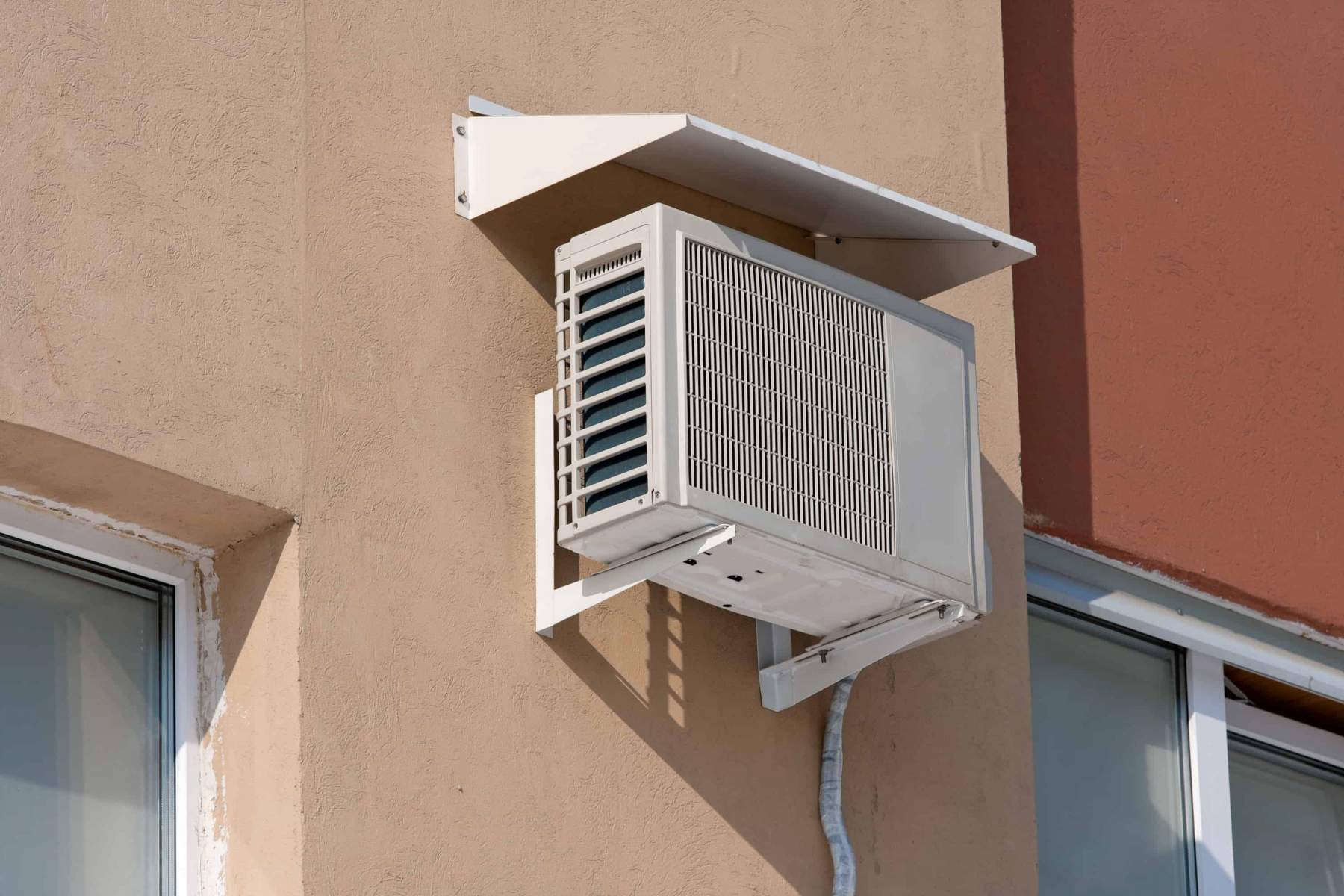A heat pump moves heat from one room to another by means of a compressor and circulating structure of liquid/gas refrigerant where heat is extracted from outside sources and pumped indoors. In layman’s terms, it can also function as an air conditioner in reverse.
For climates with moderate heating and cooling needs, heat pumps offer an energy-efficient alternative to furnaces and air conditioners. Like your refrigerator, heat pumps use electricity to move heat from a cool space to a warm space, making the cool space cooler and the warm space warmer. During the heating season, heat pumps move heat from the cool outdoors into your warm house and during the cooling season, heat pumps move heat from your cool house into the warm outdoors. Because they move heat rather than generate heat, heat pumps can provide equivalent space conditioning at as little as one-quarter of the cost of operating the conventional heating or cooling appliances.
Benefits of a Heat Pump
- Low Running Costs: Heat pumps are cheaper to run in comparison to those who run on combustion.
- Less Maintenance: Heat pumps require far less maintenance in comparison to combustion heating systems. Approximately once a year certain details of the system have to be checked, which could easily be accomplished by yourself. If you are a bit hesitant, consider hiring a professional to check on the system.
- Safety: Heat pumps are far less likely to cause problems than other combustion heating systems.
- Reduced Carbon Emissions: Heat pump systems reduce your carbon emissions and it has an efficient conversion rate of energy to heat. For example, water source heat pumps reach reasonably high efficiencies.
- Provide Cooling: During warmer months of the years, heat pumps are able to reverse the flow process. Because of this, the heat pump can serve a similar function to an air conditioner. Air to air heat pumps can conveniently be switched to cooling mode during the summers.
- Longevity: The life-span of heat pumps is relatively long, in some cases up to 50 years with consistent maintenance. In most cases, the average life-span of a heat pump is somewhere around 14-15 years. Despite these numbers, the system’s reliability is noteworthy.
What To Consider
Despite these advantages, sump pumps may not work for everyone. These following aspects should be considered when looking into installation:
- Upfront Cost: Heat pumps have a large upfront cost, but on the other hand, their operating costs translate to long-term savings on energy bills and lead to a path of reduced carbon emissions.
- Installation: Heat pumps can be difficult to install considering that research must be made in order to understand the movement of heat, local geology, specifically ground source heat pumps and the heating and cooling requirements for your home.
- Cold Weather: Severe cold may damage the system, affecting its ability to heat thoroughly. Because of this, there are upgraded systems available that overcome this problem.
- Carbon Neutral: Heat pumps heavily rely on electricity to operate, implying that they will never be entirely carbon neutral. However, since heat pumps are electric, they represent a perfect fit for solar applications. Coupled together with solar panels, heat pumps could lead to zero net energy.












